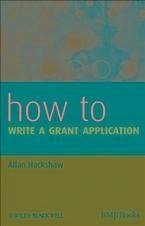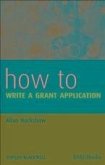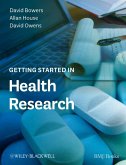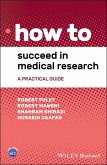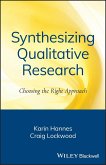Dieser Download kann aus rechtlichen Gründen nur mit Rechnungsadresse in A, B, BG, CY, CZ, D, DK, EW, E, FIN, F, GR, HR, H, IRL, I, LT, L, LR, M, NL, PL, P, R, S, SLO, SK ausgeliefert werden.
Analysis of events, data, and trends
affecting the information industry
=====================================
Elsevier Invests in Science Analytics, Acquires Collexis' Semantic Assets
by David Bousfield, Vice President & Lead Analyst - United Kingdom
* The combination of Elsevier's and Collexis' knowledge discovery
technologies will create a powerful set of applications designed to supportscientific management and assessment.
Important Details: According to a world-wide survey carried out by
Elsevier, researchers now spend up to 30% of their time looking for funding and writing grant proposals, less than 15% of applications are successful, and the average age of first time National Institutes of Health (NIH) grant recipients is 40.
Funders are attaching more and more conditions to their support programs. Some, such as the National Science Foundation, channel a significant proportion of their resources only to young applicants. Others limit the number of submissions, so that competing research institutions mandate pre-screening of applications so that they can coordinate a separate screening process.
Furthermore, to get best value for their money, funders will often require that the principal investigator has assembled a research team which represents the pinnacle of multidisciplinary and international excellence. As science performance, planning and funding management become more directed by evidence-based assessment methods, so a market for scientific performance analytics emerges.

